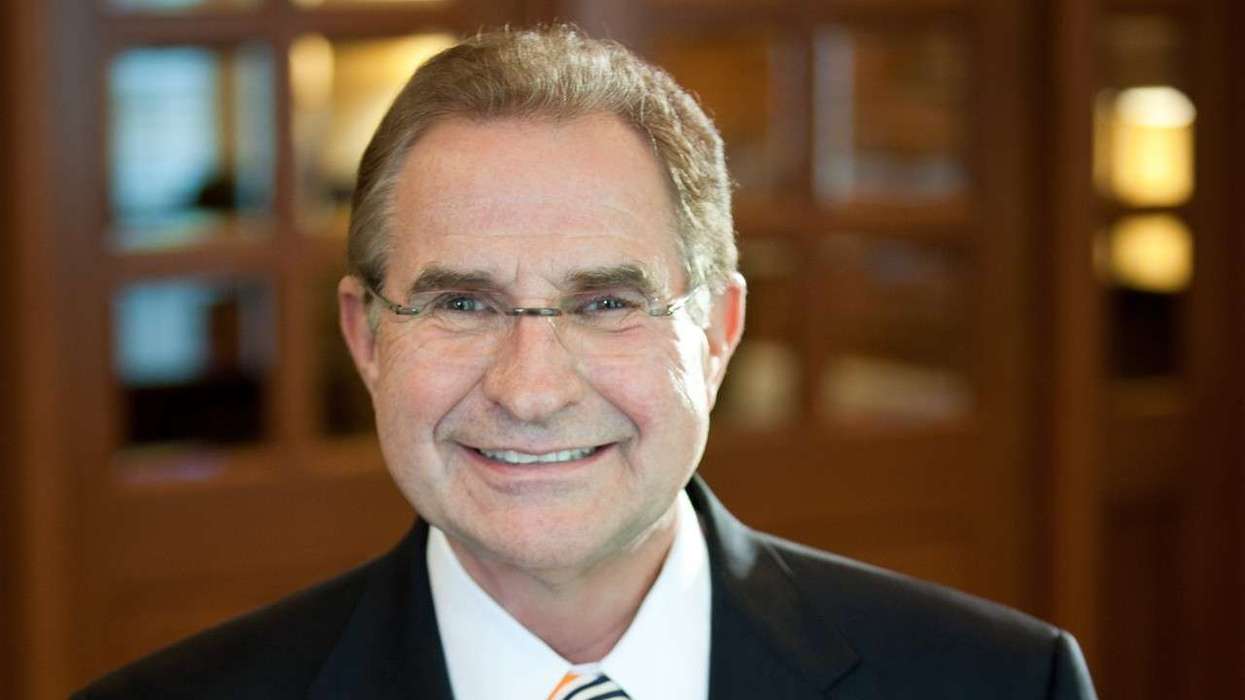THE NATIONAL LABOR Relations Board has issued its final rule on defining joint-employer status. The rule is meant to settle confusion over franchisers’ responsibilities for their franchisees’ employees.
The NLRB ruling comes less than two months after the U.S. Department of Labor updated the Fair Labor Standards Act to clarify the definition of joint-employer status. Much like the Labor Department, the NLRB rule dictates that “a business must possess and exercise substantial direct and immediate control over one or more essential terms and conditions of employment of another employer’s employees” to be considered a joint employer.
The rule also spells out specific definitions for terms such as considered “essential terms and conditions of employment” and “substantial direct and immediate control,” in the latter case excluding control exercised sporadically or in isolated cases. If there is evidence that a company has indirect or “contractually reserved” control over another company’s employees, that can lead to a finding that the company is a joint employer if there also is a case of direct control. Also, certain routine parts of an arms-length contract cannot be used to define a contractor as a joint-employer under the new rule.
“This final rule gives our joint-employer standard the clarity, stability, and predictability that is essential to any successful labor-management relationship and vital to our national economy,” said John Ring, NLRB chairman, in a statement. “With the completion of today’s rule, employers will now have certainty in structuring their business relationships, employees will have a better understanding of their employment circumstances, and unions will have clarity regarding with whom they have a collective-bargaining relationship.”
The board’s definition of joint-employer status has been in limbo since Feb. 26, 2018, when the NLRB vacated its 2017 decision in Hy-Brand Industrial Contractors Ltd. and Brandt Construction Co. in response to a court finding that one of the board members had a conflict of interest in that case. As a result, the board’s definition on joint employers under the National Labor Relations Act and the Fair Labor Standards Act reverts to the 2015 Browning-Ferris Industries case, which the Hy-Brand decision had overruled.
The NLRB final rule is a victory for the entire franchise business model, said Cecil Staton, AAHOA president and CEO, in a statement.
“The disastrous Browning-Ferris Industries decision upended the franchise industry. That hasty and partisan decision failed to acknowledge or reflect the economic realities of the franchise business model and created great uncertainty about an owner’s liabilities regarding control over his or her employees and third-party contractors,” Staton said. “Today, owners of franchised businesses finally have a joint employer standard that is stable and clear. They can structure their business relationships with a new degree of certainty. The NLRB final rule on the joint employer standard just makes sense. Owners, employees, and unions now have clear lines about how these business relationships are structured. This is vital to the continued viability of the franchise business model, our nation’s economic growth, and job creation.”
The NLRB received almost 29,000 comments on the rule during the public comment period.





